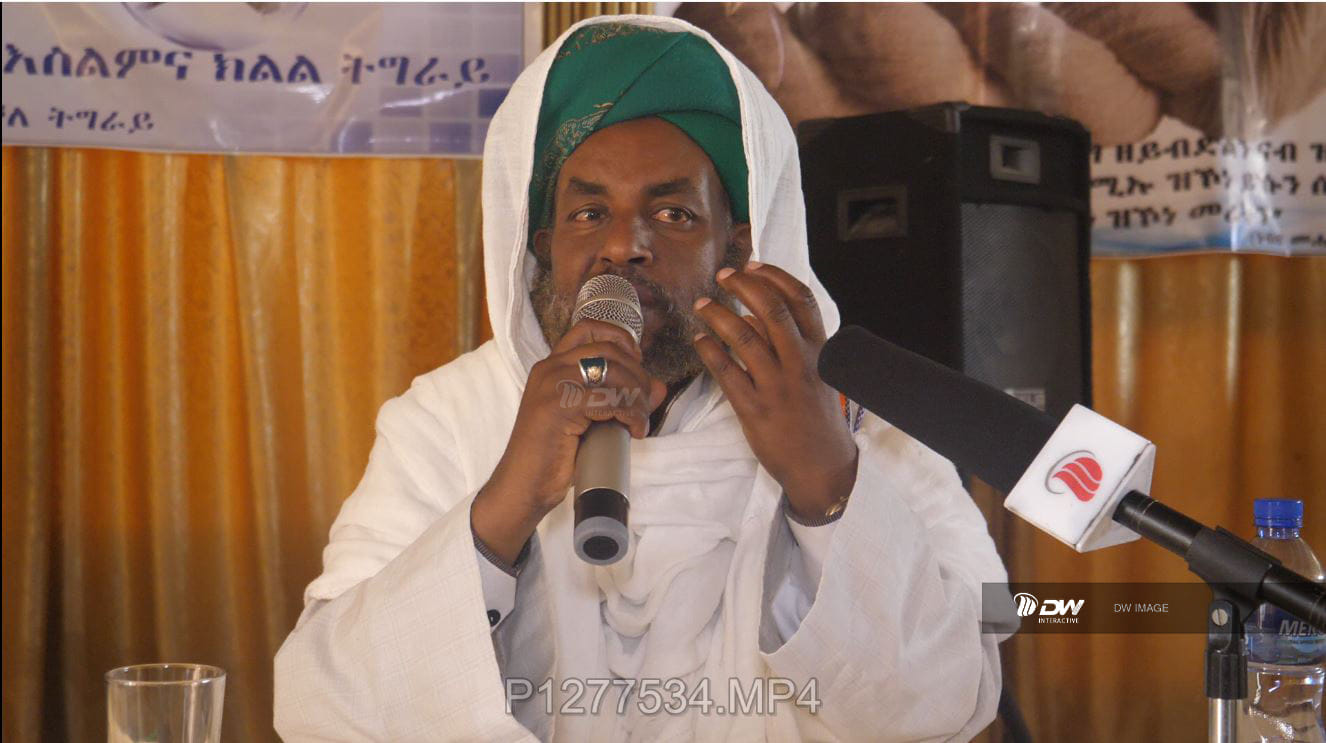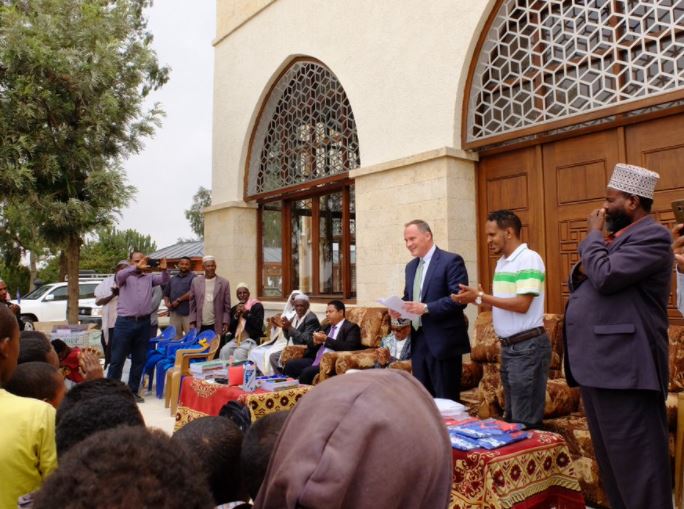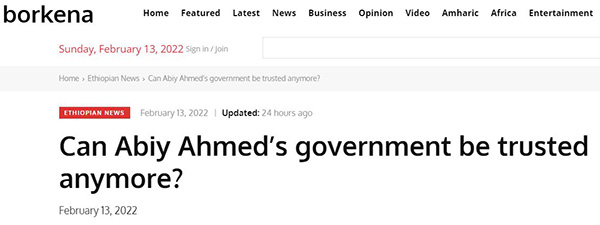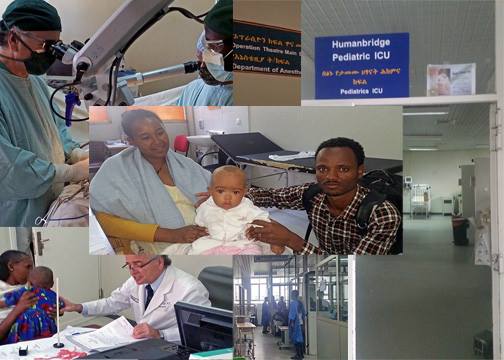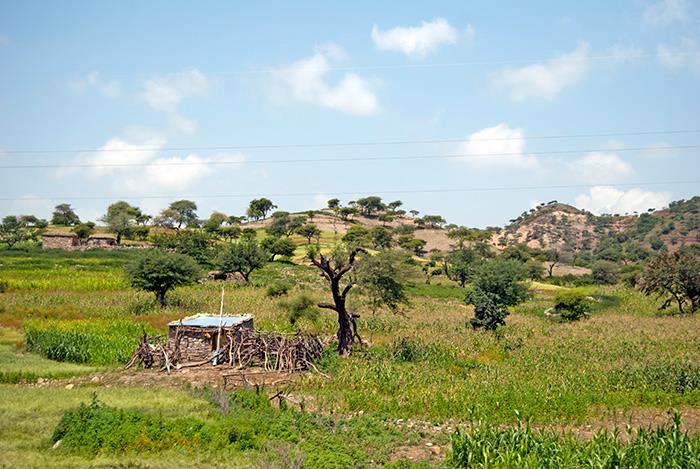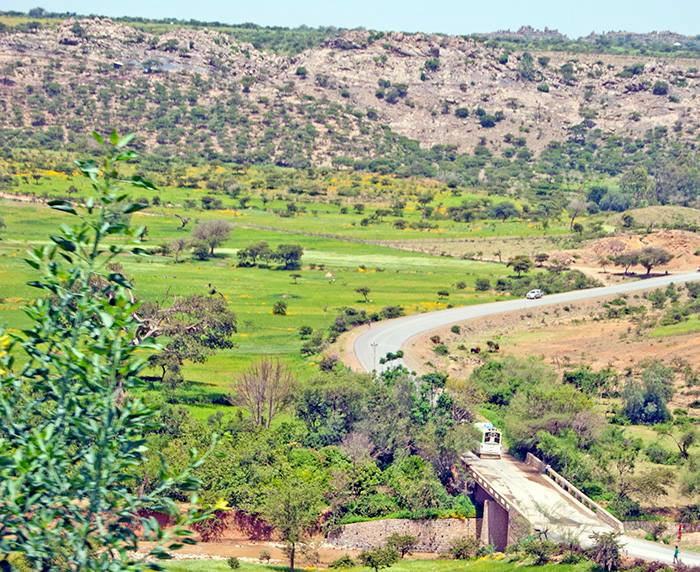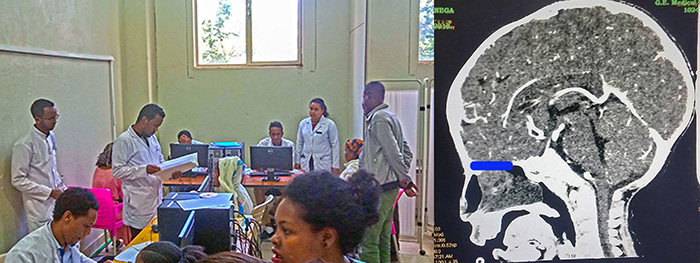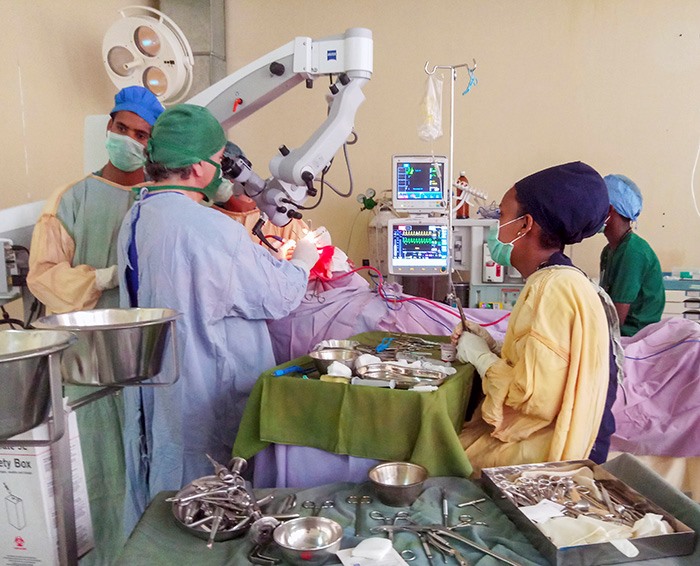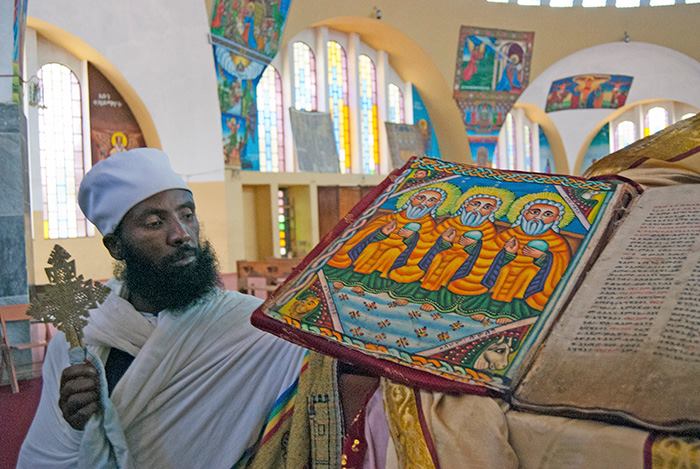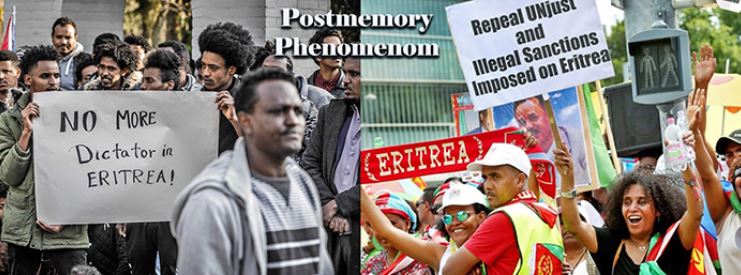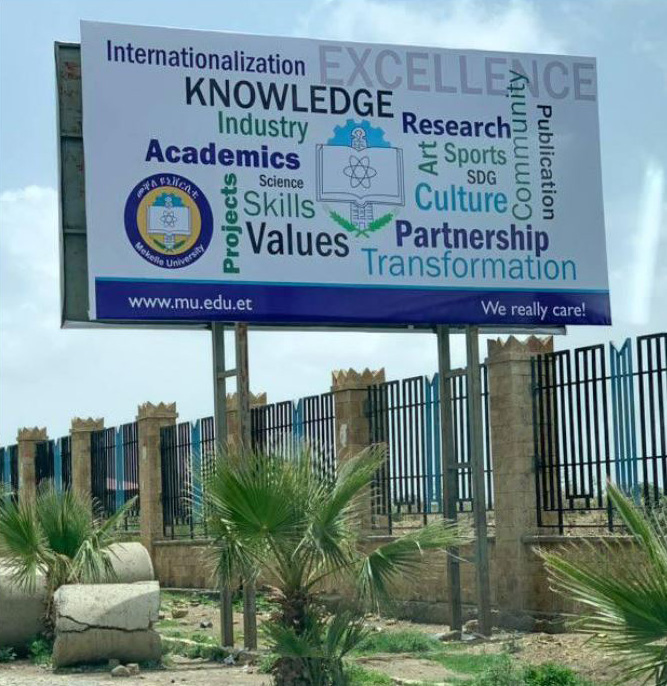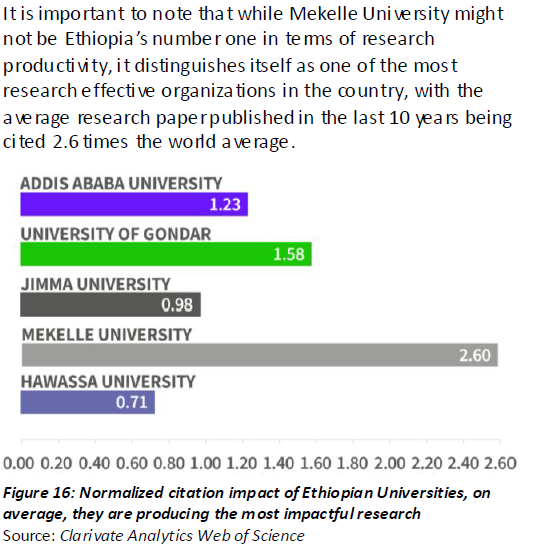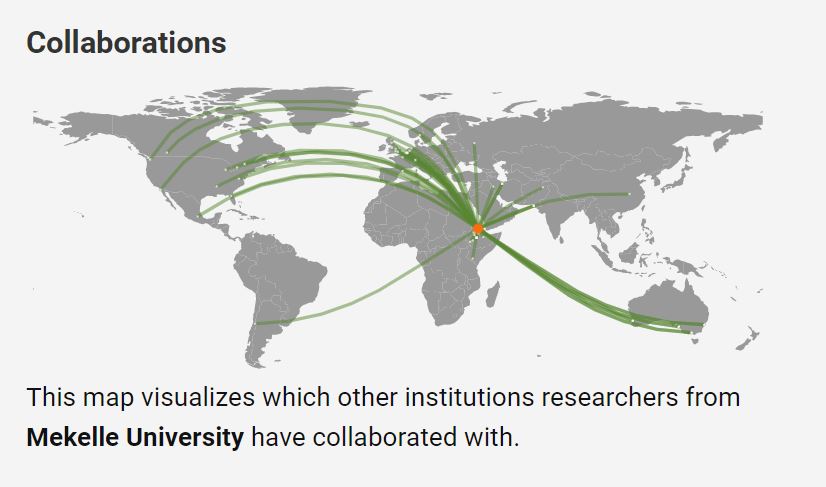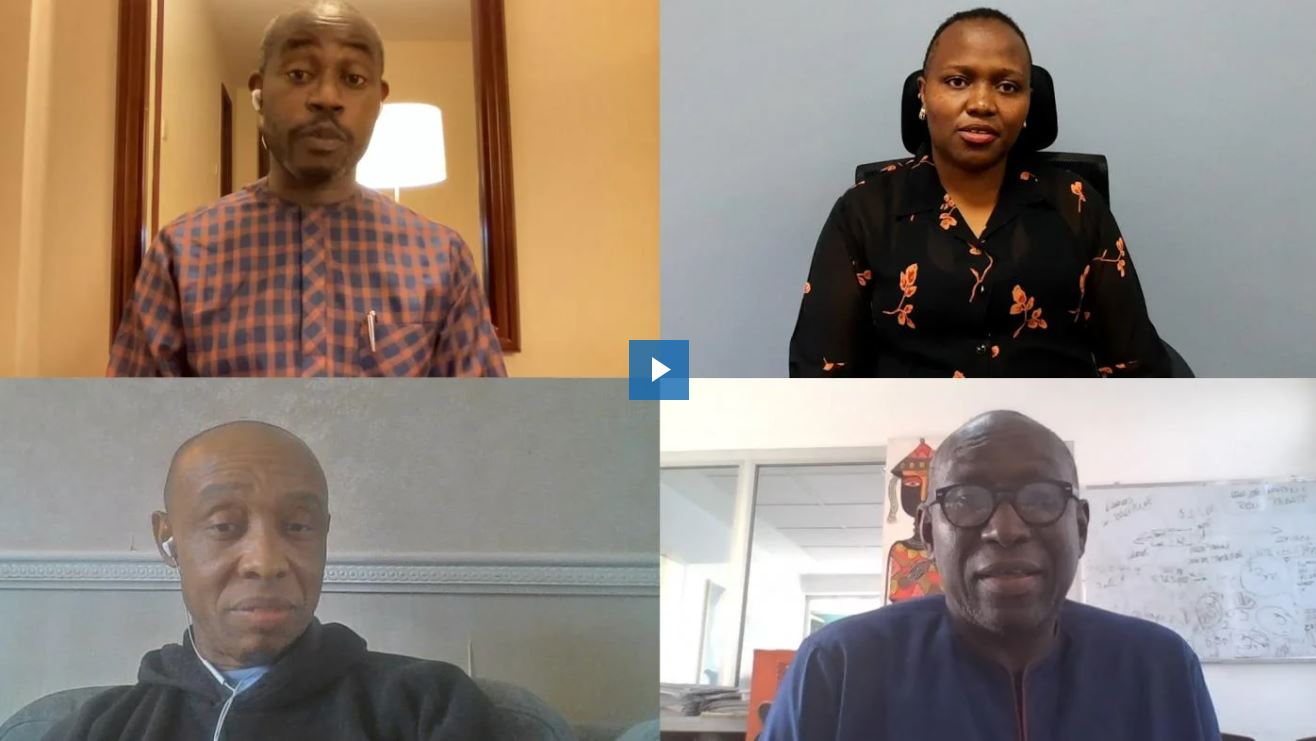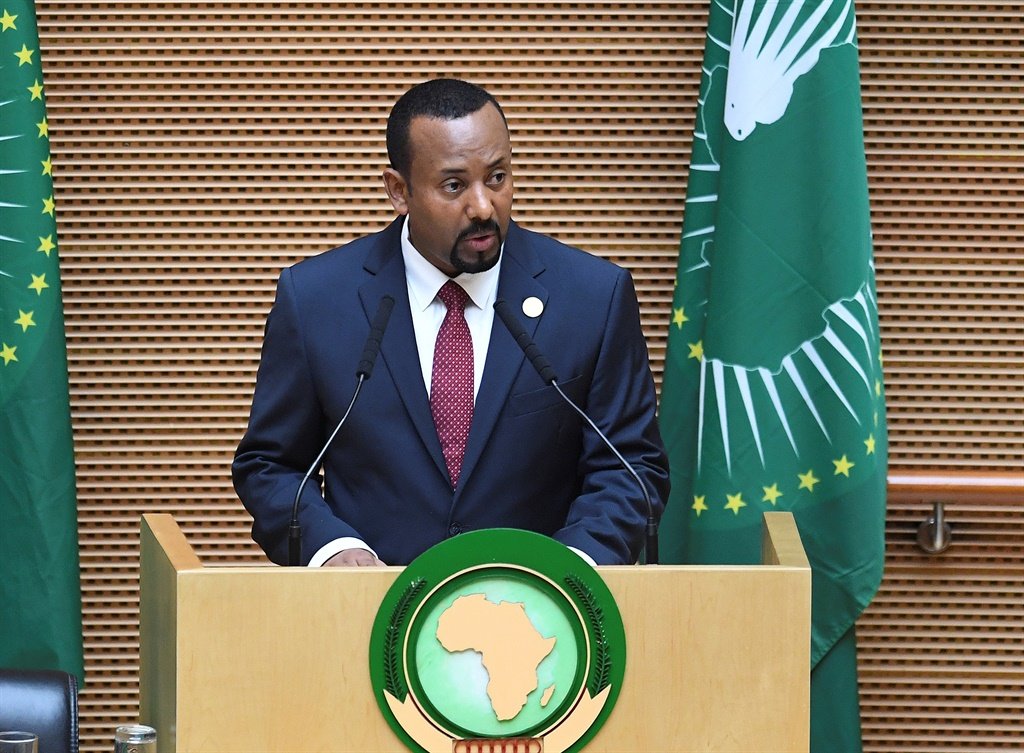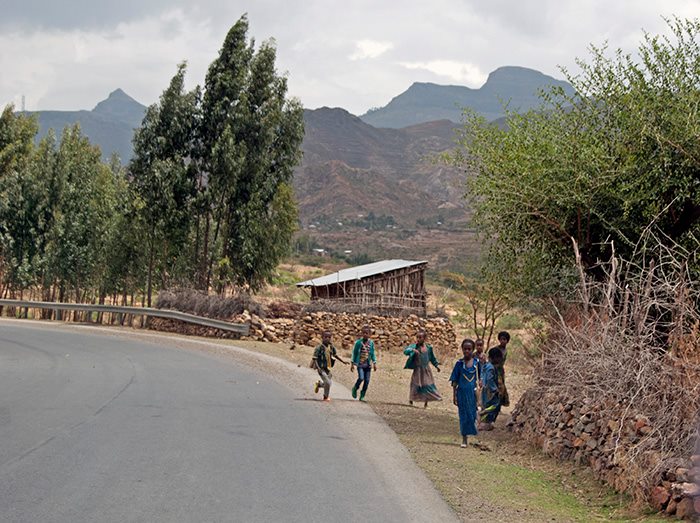
We know that in war and in famine some of the must affected victims in Tigray even if they survive are children. Both Christian and Muslim teaching stress the special status of children needing protection and nurturing yet they are greatest victims in the war on Tigray by Ethiopia and Eritrea.
By tradition and law the children of Tigray should have been protected especially by an invasion of a foreign country in a so-called law enforcement operation. Ethiopia failed in its moral and legal duty to protect the children of Tigray. The 1995 Ethiopian constitution has been widely interpreted previously by Ethiopian law scholars to protect children through Article 25 but this has been ignored and violated by Ethiopian authorities. In Matthew 18:6 present in both the Ethiopian Orthodox Church and Protestant Bibles Jesus warns not to harm children “If anyone causes one of these little ones–those who believe in me–to stumble, it would be better for them to have a large millstone hung around their neck and to be drowned in the depths of the sea.”
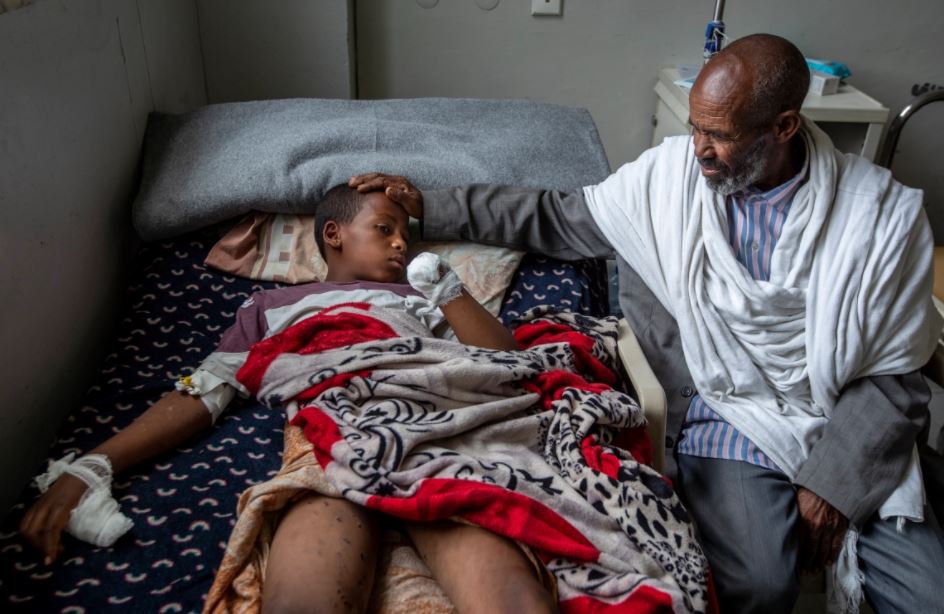
According to United Nations studies children make up high percentages of civilian causalities and displaced refugees. Although the UN adopted Universal Declaration of Human Rights in 1948 and in recognition of the special need for protection of children, the UN adopted the Declaration of the Rights of the Child (1959) Ethiopia and Eritrea have done nothing to protect children in Tigray but instead have actively abused them and encouraged deprivation of basic human needs which can lead to death, disability, and permanent loss of capacity to normal development. Repeated exposure to violence causes changes in brain development that affect the ability of children to learn in school and develop relationships.

Ethiopia choose to pay for weapons rather the co-pay cost of vaccination so that only 2% of its population was protected. Most children in all of Ethiopia have missed at least a year of school but for Tigray it is now approaching two years. During the invasion of Ethiopian and Eritrean forces in Ethiopia schools were closed, turned into their barracks for the invaders, ransacked, and even used as locations to commit violence against women. According to Human Rights Watch more than 7000 schools were rendered functionally destroyed. Teachers and staff at educational facilities have not been paid and banking services have been shut down for more than a year.
The little bodies of children are the most vulnerable to starvation and the first to die. A starving mother cannot breast feed her baby. Displaced people cannot raise crops to sustain themselves. The poor Tigray of the countryside who number over 6 million can find no transport to healthcare and even if they find a way it will be often fruitless. As 95% of facilities are closed while those still function have little services to offer without medication or diagnostic capabilities. Even for the survivors there will be permanent scars of the body and spirit.


